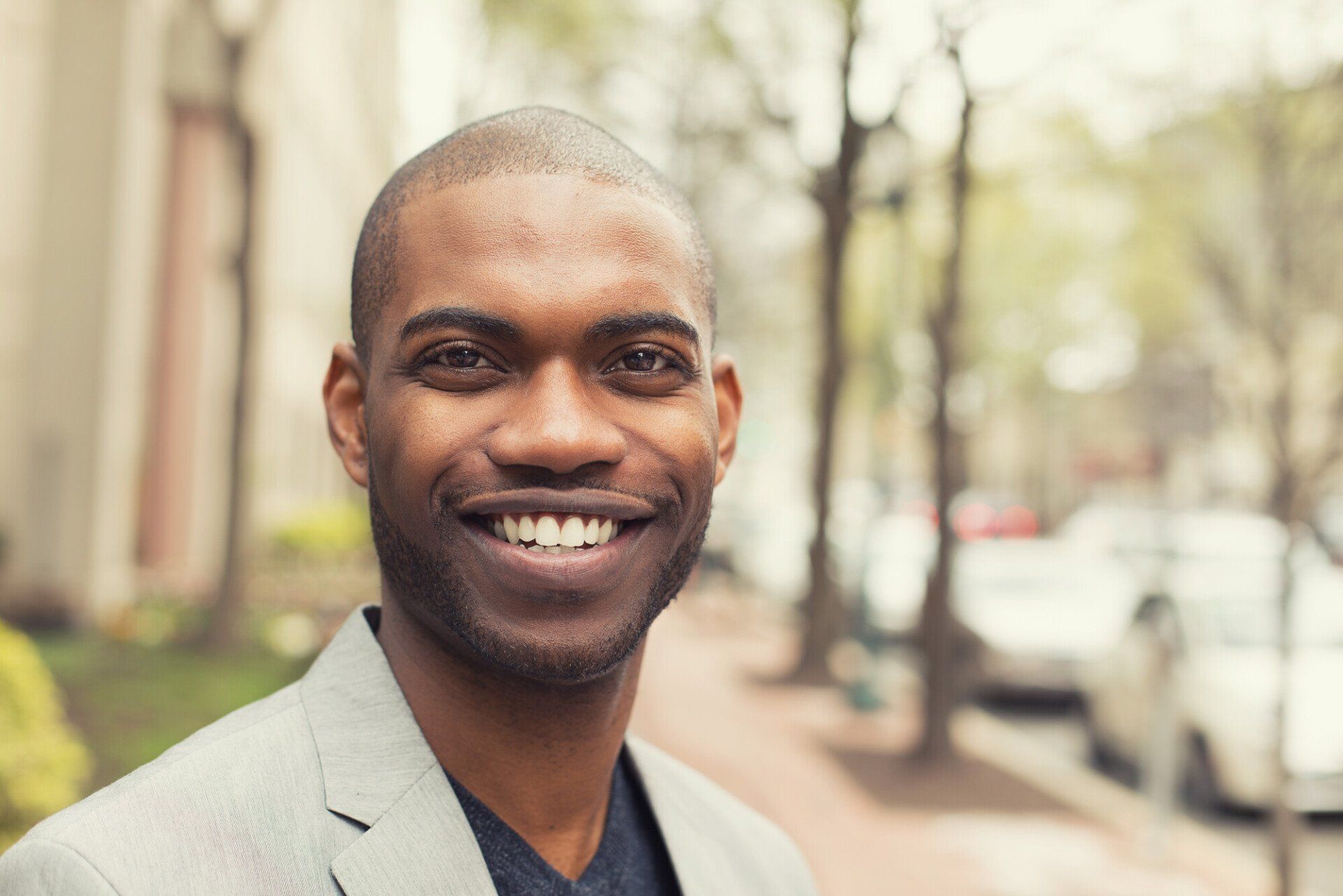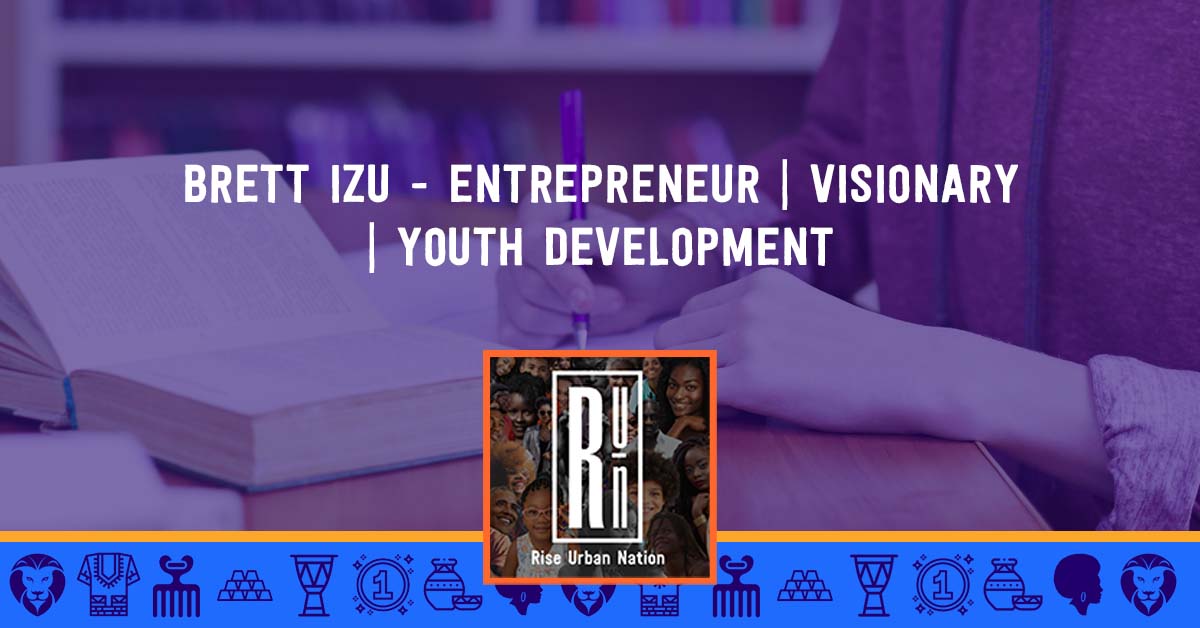How to Be a Better Leader in All Facets of Your Life
Being a great leader is fulfilling. People will look up to you and you'll know that you're making a real difference. But do you know how to be a better leader both in and out of the office?
Leadership in a work environment is crucial, but true leaders use their leadership abilities in all facets of their lives.
They never forget the importance of leadership skills outside of the office.
Are you unsure of how to be a better leader? Even if you're great already, it's always helpful to continue learning and stay humble. We're here to offer you some advice.
Keep reading to learn how to improve your leadership skills and become a mentor and guide for others.
Never Stop Learning
A good leader keeps learning throughout their life. They never get too proud to learn new things, read new books, or look to other people for leadership and advice.
There are plenty of ways that you can continue your learning journey to develop your leadership abilities. You can listen to podcasts, read books, attend relevant classes, watch seminars, and so much more. The internet has made learning accessible and easy for anyone willing to put in the work.
Remember, no one is ever too smart or experienced to learn. Even if you've "made it" in life, there is always more to know.
Be a Good Listener
Great leaders are also great listeners. They want to take in the ideas and opinions of the people that they're leading, even if they counter their own opinions.
If you want to improve your leadership skills, try to improve your active listening skills. Active listening is when you take an active role in a conversation instead of waiting for your turn to speak.
When you use active listening, you make eye contact with the person who is speaking. You may display and observe appropriate body language for the conversation at hand, and you'll respond thoughtfully to what the other person is saying.
When you listen to someone in an active way, you're showing them that you value them. It improves your overall ability to communicate.
Improve Your Critical Thinking Skills
Good leaders also have to have good critical thinking skills.
As a leader, you need to know how to both think on your feet and take time to process information that you're unfamiliar with. There will be times that your kneejerk reaction isn't the right one, and you need to seek new information.
Critical thinking is challenging. It means that you may have to put your beliefs aside to make room for nuance. When you do this, you show that you're a flexible person who's open to change.
By applying critical thinking skills, you'll understand people around you more.
Learn Emotional Intelligence
Have you heard of emotional intelligence?
While great leaders should know their craft and have a strong baseline of standard intelligence, emotional intelligence is also crucial.
Emotional intelligence is your ability to understand the emotions of others, understand your own emotions, and healthily manage your own emotions.
Emotionally intelligent people are understanding, empathetic, and controlled. They don't have frequent emotional outbursts or react to logical problems with their emotions.
When you display emotional intelligence, you're creating a healthy environment for the people that you're leading. You'll come off as mature and responsible, and you'll feel better as well.
You'll be able to form and maintain strong attachments and relationships and build trust. Having good interpersonal skills is crucial if you want to be an effective leader.
Lead By Example
Leading doesn't mean that you no longer do "lower-level" work. Don't think of the people that you're leading as "followers" or "beneath you." You need to continue doing the things that led you to a leadership position.
If you want the people around you to display good interpersonal behavior, why would they do so if you aren't also doing it? As a leader, you're setting an example for the people that you're leading. If it's not a good example, your leadership efforts will fail.
Show other people kindness, display determination, and creativity, and work hard. Through these efforts, you'll inspire the people around you to be better as well.
Uplift Others
Speaking of displaying good qualities for others to mimic, you also need to uplift the people around you with your behavior.
Everyone needs someone to hype them up now and again. You know how good it feels to have someone believe in you and help you out, so why not extend that same gift to other people?
Everyone is capable of great things. When you internalize that belief, you'll see how much most people are worthy of praise.
If someone is having trouble with something, and you have the means to help them, offer that help. If someone has a fantastic idea, let them know that you support them.
Uplift your community and they'll lift you up in return.
Don't Make Excuses
It's easy to fall into the excuse trap. All of these things that you should be doing to build your skills, why bother if you have so many other things on your plate? Why not put them off for future you?
Time is going to pass regardless of whether or not you're choosing to better yourself, so make it time well-spent.
It's true that you might be tired, overwhelmed, or stressed out, but don't let these things become roadblocks.
When you learn to manage your time, set goals, and make adjustments to your priorities, you'll discover that many of your excuses never held any water.
Leadership starts with leading your own life in the direction that you want it to go.
How to Be a Better Leader: You're on the Right Track
Learning how to be a better leader is a noble goal. You're doing a great thing for yourself and your community, regardless of where these leadership skills are coming into play.
Think of the leaders that you've had in your life or even the ones that you've wanted. What do they have in common? How do they make you feel?
Use this information to form yourself into the best leader that you can be.
Are you interested in listening to leaders, guides, artists, entrepreneurs, and other successful icons in your community? Check out the RISEpreneurs podcast to hear stories from people just like you.











